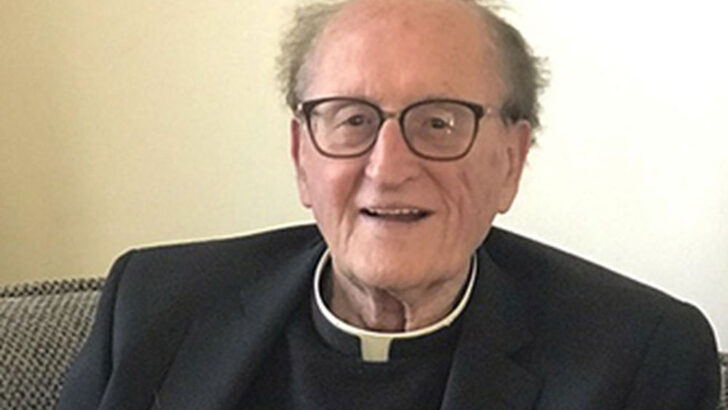John Moriarty: Grounded in Story, Edited by Amanda Carmody and Mary McGillicuddy
(The Lilliput Press, €25.00 / £21.50)
The mystic John Moriarty is one of modern Ireland unique writers, but he achieved this position through a life of varied and equally unique experiences.
John Moriarty was born in Moyvane, near Listowel, Co. Kerry, on February 2 1938. He attended the local national school, St Michael’s College, Listowel, and University College Dublin. After a number of teaching appointments he emigrated to Canada in 1965, where he taught English literature in the University of Manitoba until 1971 when he returned to Ireland.
He resided mainly in the west of Ireland and worked at various jobs before becoming a gardener. He eventually settled near Killarney and he died on June 1 2007.
Journey
John was a prolific author. His books – all published by the Lilliput Press – include Dreamtime (1994); the trilogy Turtle was Gone a Long Time: Crossing the Kedron (1996), Horsehead Nebula Neighing (1997) and Anaconda Canoe (1998); Nostos, An Autobiography (2001); Invoking Ireland, Ailiu Iath n-hErend (2005); Night Journey to Buddh Gaia (2006); Urbi et Orbi (2006); Slí na Firinne (2006); Serious Sounds (2007) and What the Curlew Said: Nostos Continued (2007).
John was a philosopher in the Socratic tradition. He was ever posing questions. His life-long quest for the meaning of life took him from the strong Catholic Faith of his early years through a life-time of agnosticism and ultimately to a belief in Pantheism.
His journey ‘to a God he could once again believe in’ led him on a tortuous voyage of discovery into eastern and western philosophy and all the great world’s religions, into the mythologies and literature of ancient civilisations, into the eye of the Enlightenment, into modern science and the literature of the present-day.
In my own case it was what I experienced in church, not what I experienced in school, that became destiny to me”
After all his reading, thinking and ruminating John did not find answers to all the questions, but what he did find and which he embraced was a world that cannot be explained by science alone, a world that is a manifestation of a deep divine presence which he called ‘Divine Ground’ from which all living things emanate and to which they return.
In this remarkable book Amanda Carmody and Mary McGillicuddy select passages from John’s writings to highlight the seminal stages in his intellectual life.
For instance, in Turtle was Gone a Long Time: Crossing the Kedron John describes how he lost his Catholic Faith: “I had been reading the geological chapters in Darwin’s Origin of Species. Long before I came to the end of them. I was man overboard. As a man might fall out of a boat, I had quite literally fallen out of my story, the biblical story….I experienced vertigo, hanging as I was somewhere, maybe nowhere, in infinite Godlessness”.
John had travelled far and wide from Moyvane, but he never really left it. He carried it everywhere with him. In the background of his thoughts there was always Jimmy and Mary, his parents; Mary Hegarty, his friend; his working in the bog and the hayfield; his early experiences in school and in the church, especially in the church.
In What the Curlew Said: Nostos Continued he wrote: “In my own case it was what I experienced in church, not what I experienced in school, that became destiny to me and I remember the day that Tom Callaghan, our teacher in primary school, sent Jim Stack and myself down to the parish church, not to clean it or any such thing, but to kneel in silent adoration of the most precious thing that mortal eyes could look upon…. Again and again I would go back to it in my mind and even when I had ceased to be a Christian I would re-enter that church. I would kneel where I had knelt hoping for irradiation by it”.
This beautifully illustrated study of a most interesting man will be a most useful – indeed essential – vade mecum for those who wish to fully appreciate the writings and thinking of that formidable intellectual and loveable person that was John Moriarty.
His life-long quest for the meaning of life took him from the strong Catholic Faith of his early years through a life-time of agnosticism and ultimately to a belief in Pantheism”


 Fr J. Anthony Gaughan Kerry, historian and critic
Fr J. Anthony Gaughan Kerry, historian and critic 